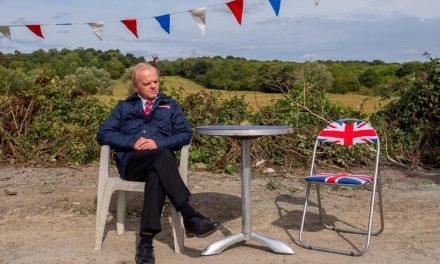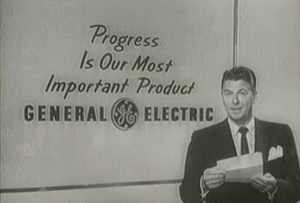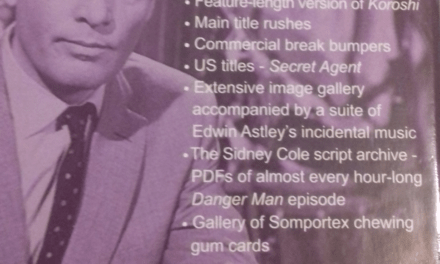ITV’s Love Island, where gorgeous singletons compete to find love, was the surprise reality hit of the last decade. Format sales tipped £1billion for ITV as the show was replicated all over the globe. It won the BAFTA for best reality show in 2018 and had done the unthinkable attracted back to appointment-to-view television the elusive 16-34 demographic. Everyone was talking about this guilty pleasure, from celebrities to the broadsheets.
This series seemed to be the golden ticket in every which way, but then the storm, clouds came. Two previous contestants committed suicide prompting calls for more robust ‘duty of care’ policies. Then the show’s main host Caroline Flack stepped down from the Winter series of Love Island after she was arrested for assault by battery when police were called to her home on December 14, 2019, following an incident with her boyfriend. When Caroline received confirmation of the trial date, she did the unthinkable and took her own life.

As the credits rolled on Sunday night’s finale, producers must have breathed a sigh of relief to have completed the series. The production team knew Caroline well, having spent their last four years of summers with her and that must have hurt. Caroline was so synonymous with the shows ‘in jokes’ and her signature ‘slow-mo’ walk, she felt so invested in the couples’ quest for love. After such devastating news, the show had to decide whether or not to finish the series. Editorially how do you get the tone right? The strength of Love Island is the carefree, holiday vibe coupled with the entertaining voice over from Iain Stirling – which suddenly no longer seemed right. Notably the remaining few shows were much softer in delivery.
With calls to cancel the series, the hash tag #cancelloveisland began trending on Twitter, users branding the programme’s format ‘toxic’. Yet I don’t believe it is the show’s fault, it is far more complex than that. Laura Whitmore, who had replaced Caroline Flack for the Winter series, paid a very emotional tribute to her friend the day after the news hit, she said ‘while the show is loving and caring, the outside world is not’.
No matter how much a show does for duty of care and tries to protect while a show is running, where does it stop? How do we really know how someone is feeling? While media commentators and the public, had previously been fixated on duty of care for non-celebs ‘the contestants’, had the presenters been given the same level of consideration? The Film and TV Charity’s survey into mental health revealed 90% of off-screen professionals have experienced mental health issues on the job. Their survey entitled “The Looking Glass” reported that 55% of film and TV workers surveyed have contemplated suicide, compared with a national average of 20%.
To lose anyone so young is so very sad, but her death has left millions shocked. Caroline had over 2.7 million followers on social media. They would have shared daily her life and laughs, suddenly she is not there anymore. Suicide is never due to one thing and it is so hard to understand when someone ‘on paper’ seemed to have it all, the looks, the dream job, the London house, a warm family – but the upcoming trial endangered that world and Caroline was upset about the impact that would have on her family.
ITV, were of course right to not have Caroline host a show about relationships, where she is seen by many young people as a role model, when there were such awful accusations at stake, but she had not been convicted guilty at this stage. At the same time were ITV as vocal about their support for her as they were with male counterparts such as Ant McPartlin? ITV released a statement to say, they had been holding Caroline’s job open following the trial, but had that really landed with the public, before her untimely death? ‘Everyone at ITV is absolutely devastated and still trying to process this tragic news,’ ITV boss Kevin Lygo began in a statement. ‘Caroline was part of Love Island from the very beginning and her passion, dedication and boundless energy contributed to the show’s success.’
While it is far too simplistic to blame a show for what has happened, it can’t be denied that 2 contestants and a presenter linked with the show have now committed suicide in four years. The series format has been sold to 13 countries, from Germany to Australia. Has this happened elsewhere? Is it something about British culture, the unnecessary pressures, the unrealistic expectations for people to aspire to, coupled with constant judging on social media that makes this a toxic recipe?
So, what is the future of UK’s Love Island? The winter series had lost viewers, even before the shock news about Caroline. It had been confirmed the summer run was being cut short by two weeks. Love Island will be returning this summer, the casting call for islanders is out, but does it still feel like the holiday everyone wishes they were on?
Professor Lyndsay Duthie, Head of School for Film, Media and Performing Arts, University for the Creative Arts
Lyndsay Duthie is an award winning television expert with over 20 years experience in the media industry: as an educator, television executive producer and broadcaster. Lyndsay’s background is as a television executive producer/director for factual and entertainment programmes with credits for BBC, ITV, C4, C5, SKY and Discovery. Lyndsay regularly appears on SKY News, ITV and BBC Radio as a media commentator and writes articles for The Conversation, The Independent, BBC News and Huffington Post. She is also the co-author of The TV Studio Production Handbook (Bloomsbury). Lyndsay has served on the executive board for Women in Film and Television (WFTV) and has judged for the International Emmys & Royal Television Society Awards. She is currently on the executive committee for the Royal Television Society (TVC) and Chair of their Education and Training Group. She is also on the executive board for The World Association of Film, Television and Media Schools (GEECT/CILECT) and a member of BAFTA.





